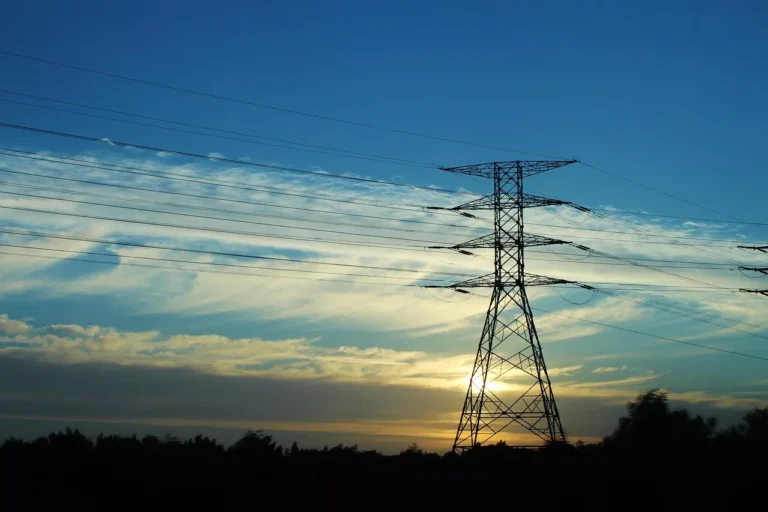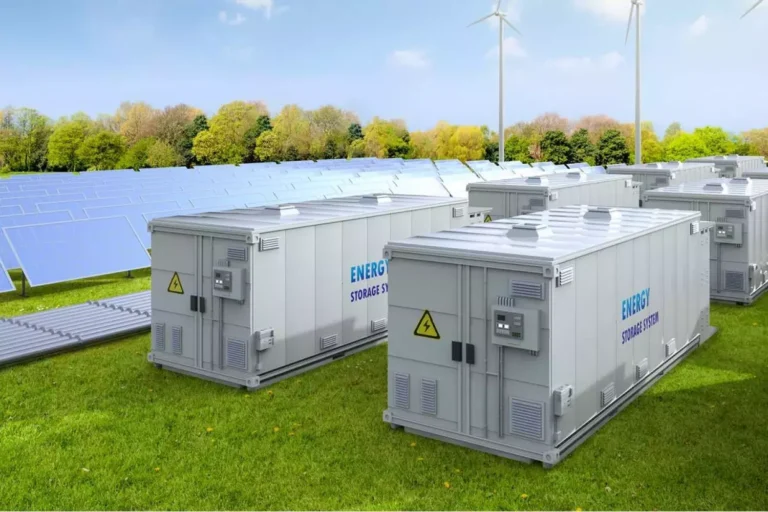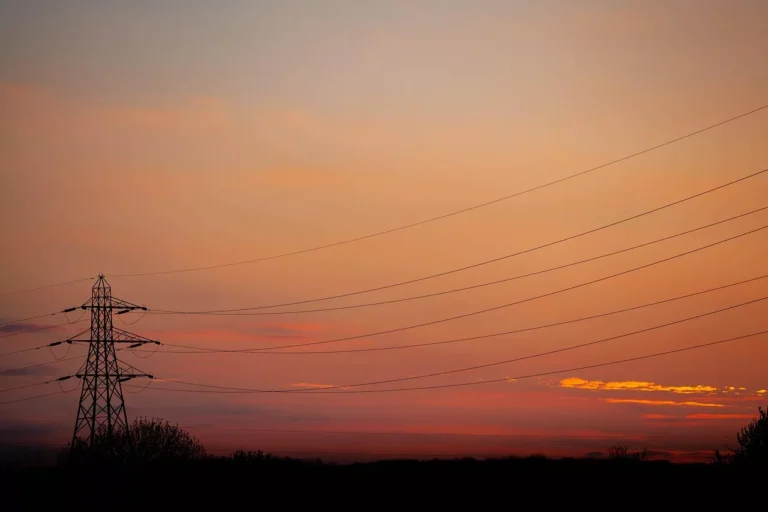
Shelburne Museum Hosts Guster Concert Powered by NOMAD’s Clean Energy Solution
Shelburne Museum, nestled along Lake Champlain south of Burlington, Vermont, not only cherishes the arts but also holds a strong commitment to environmental stewardship. This commitment was prominently on display during their recent outdoor concert series, organized by Higher Ground Presents, featuring alternative-rock icons Guster.
The initiative was driven by Guster’s Adam Gardner, Co-founder of REVERB, an environmental nonprofit dedicated to greening the music industry since 2004. Gardner’s vision for reducing the environmental impact of concerts led to the adoption of NOMAD’s innovative battery technology. Developed and built in Vermont, NOMAD provided a sustainable alternative to traditional diesel generators, aligning perfectly with the museum’s mission and Guster’s values.
Alex Crothers, founder of Higher Ground Presents, noted the pivotal role of NOMAD in achieving their sustainability goals. “Switching to clean battery power eliminates diesel emissions, reduces noise pollution, and ensures zero emissions,” Crothers emphasized. This sentiment was echoed by Gardner, who praised the flawless performance of NOMAD’s systems during the concert, marking a significant milestone towards a fossil fuel-free future for live music.
Shelburne Museum’s commitment to sustainability is evident through their reliance on solar energy to power their operations, further complementing the environmental ethos of the concert series. Thomas Denenberg, Director of Shelburne Museum, highlighted how integrating sustainability into events like Concerts on the Green underscores their dedication to both cultural preservation and environmental responsibility.
NOMAD’s mobile battery energy storage solutions, such as the 1.3 MWh Voyager deployed for the Guster concert, exemplify their capability to provide reliable power without the drawbacks of traditional generators. Chris McKay, NOMAD’s COO, emphasized the versatility and environmental benefits of their technology, which has been deployed not only for concerts but also for emergency relief and rural community support across Vermont.
Looking ahead, Crothers envisions expanding NOMAD’s use across all future concerts and festivals organized by Higher Ground, emphasizing its potential in remote locations with limited access to grid power. This shift towards sustainable energy solutions represents a game-changer for the live concert industry, paving the way for greener, quieter, and more environmentally responsible events.
As NOMAD continues to innovate and expand its footprint in sustainable energy solutions, collaborations like these demonstrate a shared commitment to reducing carbon footprints while enhancing the live music experience.







